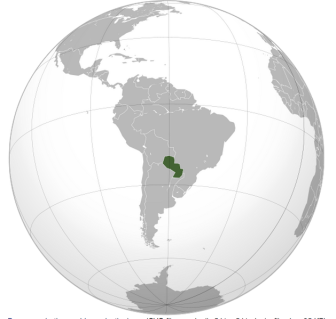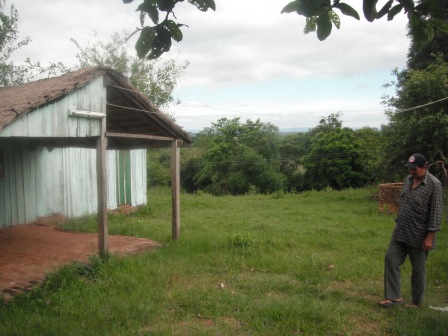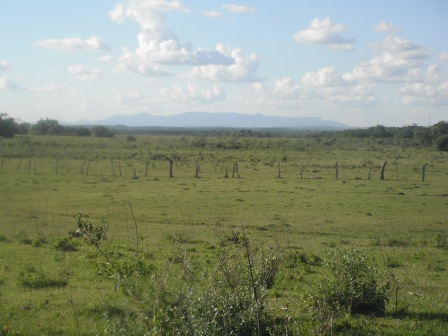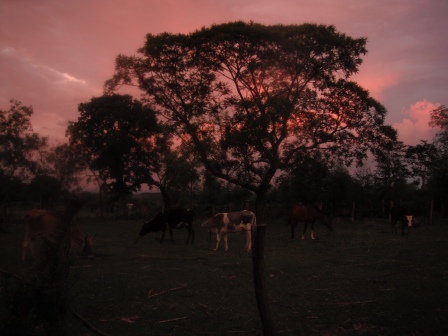Art is the subjective modification of the empirical world in a media format, typically inspired, as most personal creations are, by a person’s subjective experience in the world. Humans are constantly creating their own proprietary — though interconnected — worlds through a process of information gathering through their senses —> processing such information through thought —> creating a mental framework for action. Art pushes such modification into the physical realm, perhaps even manifesting in forms humans use in a utilitarian manner to make sense of the world, such as language or pictorial representation. Thus, perceptions are channeled into a form of mental representation, even informing the concept of such things as are perceived, like Plato’s idea of Forms. In turn these representations can be imposed upon a format in its physical manifestation, be it a painter’s canvas, a singer’s voice, a story in a magazine… Continue reading
Tag Archives: culture
Comparing the Effects of Wilderness and Cultural Adventures: A Peace Corps Experience
This is more or less a companion piece to my earlier essay on the backcountry experience and defining nature. Except this is about living abroad instead of up in the mountains…
The things I enjoy most in life trend towards two different groupings: the fruits of culture (music, food, literature), and the sublimity of wilderness excursions. Of course, friends, fulfilling work, and romance are also of great importance, but in terms of cultural values I identify most with, as mentioned above, richness and adventurousness prevail. In these regards, Paraguay is far from being my ideal place. Though the people are amicable and for sure tranquilo, the culture steadfastly grips onto familiarity and indirectness. Paraguay in many ways feels like the Midwest of South America: there’s a lot of soy monoculture, it’s flat and humid, it’s landlocked…
So why am I here? Considering the contrast — seemingly dissonance — between my own personality and this place I’ll call home for the net two years, it’d be easy to become bogged down in how this is far from my ideal society and environs (not to say the United States is either). However, there are more important processes to identify, especially considering the circumstances under which I’ve found myself here and how such an experience as Peace Corps — not only radically immersive as I’m off to live in a very rural, isolated community as the only non-local, but incredibly humbling, not least because I have to learn two new languages, Spanish and the difficult indigenous language Guaraní. Such an experience can push me to reevaluate my own needs and values, and see how challenges can be quite a lot more worthwhile than comfort. And the opportunity to explore a new way of living — for me the rural agrarian campo of Southeast Paraguay — offers a chance to cobble together a unique identity consisting of parts of my U.S. culture I now realize I enjoy — adventurousness diversity, certain aspects of individualism, ambition, striving for innovation — but at the same time sever ties with aspects I don’t like — the stress, disconnect, certain other aspects of individualism, materialism — and embrace parts of Paraguay’s culture — the importance of family and tranquilo attitude, for example — I find myself actively drawn to, even as I seek to maintain aspects of myself I enjoy.
The relaxed Paraguayan culture in which people often spend hours sitting in their yards and drinking an iced maté beverage called tereré throughout the day is a pretty extreme contrast to the type A, rugged individualist American mind (though that’s obviously quite a generalization), hell bent on a full day of work. I’m here for 27 months of Peace Corps service as a sustainable agriculture volunteer, and I’m definitely enjoying the experience, not as much because of the identification I feel with the geography and cultural manifestations, but instead the richness of a cultural exchange and the incredible opportunity I have to teach about the subjects I’m passionate about: sustainable agriculture, environmental protection, public health and nutrition, and more. Not to mention the fact that my future house (below) is a small cabin with mountain views next to an incredibly pastoral creek I’ll be bathing in, with plenty of room for my garden and agricultural demonstration plot.
The ability to gain distance and thus develop perspective of one’s life and surroundings is one of the reasons I enjoy travels and outdoor adventures so much. Although cultural and wilderness experiences may sound almost like opposites, in reality both allow me to arrive at similar outcomes of perspective gaining (imbibing in the social associations of others vs. imbibing in a lack of social associations in a wild, dehumanized environment), assuming I’m willing to put in the effort. By going to different places I can observe other people and interact expanding my cultural horizons; by exploring wilderness I’m left only with myself and can gain perspective on my own humanity — the externality of my surroundings contrasted with my own ephemeral being, the ascetic followed by sublime satisfaction of climbing a mountain, the animality, rawness of the climb, alien means of communication, quite bereft from the comfort zone. So thus wilderness adventure and cultural exchange both offer a different powerful lens on selfhood: wilderness in relation to raw human experience removed from literal human constructions: man against his society, his species, contrasting with a power less human from his environment. Both also allow for a change of venue as a means to start fresh without past associations of environment, etc. putting pretensions to rest.
With this new Peace Corps experience I can visit a new country not as a tourist imbibing in ephemeral distractions and tasks but a temporary resident empathizing with a different people and developing a new sense of selfhood: self defined against culture, culture defined against a new different culture. Both types of adventure — wilderness and cultural — refresh and immerse, and like while stepping into a river, no two people’s experiences can be the same, just a the Pre-Socratic philosopher Heraclitus said, a man cannot step in the same river twice. Radical contrast to one’s usual life creates definition, and personal growth springs from leaving one’s comfort zone.
Disclaimer: The contents of this website are mine personally and do not reflect any position of the U.S. government or the Peace Corps.



